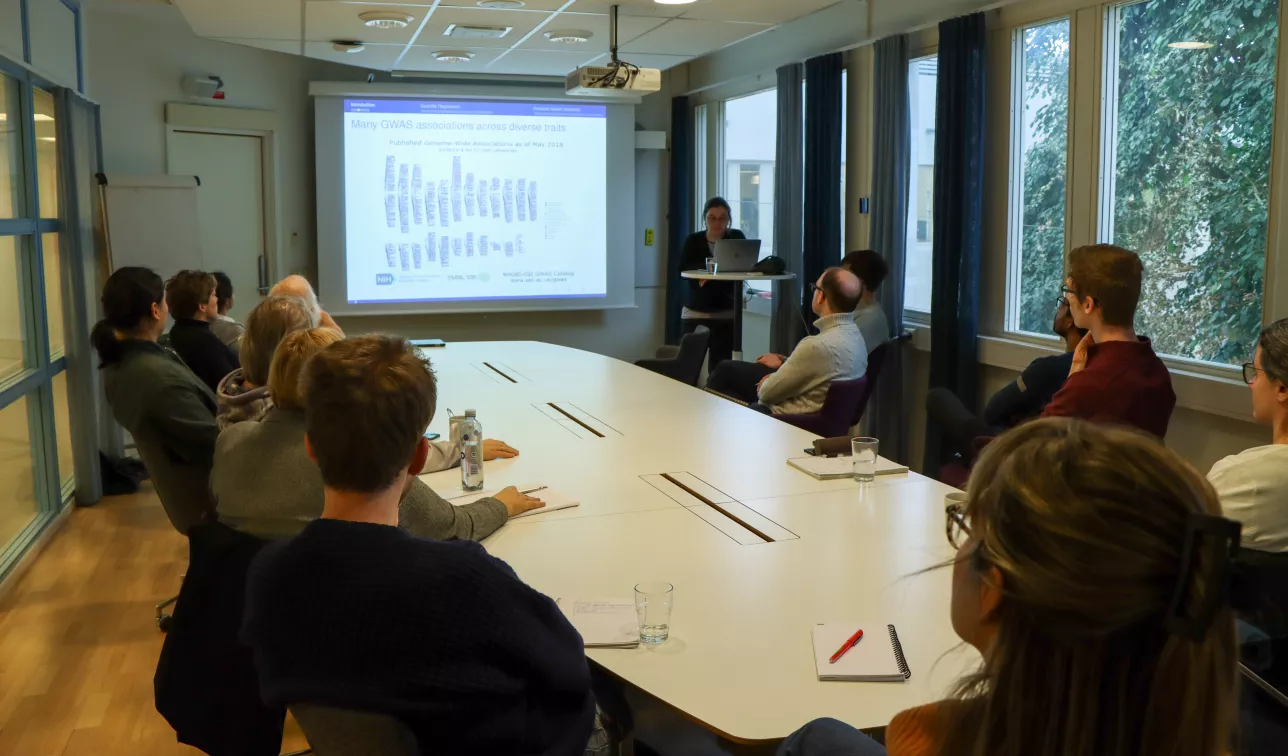Research at the Department of Statistics
Doctoral Student in Statistics
Apply by 31st of May – lu.varbi.com

The Department of Statistics conducts cutting-edge research across multiple domains of modern statistics, data science, and probability theory. The research efforts are dedicated to advancing the theoretical foundations of these disciplines and their practical applications in diverse fields such as economics, biomedical sciences, Earth sciences, and engineering.
In recent recruitment initiatives, there has been a strategic emphasis on enhancing expertise in the burgeoning field of data science. This area encompasses sophisticated techniques like machine learning and deep learning, which serve as the bedrock for the rapidly evolving field of Artificial Intelligence. These developments underscore the department's commitment to staying at the forefront of statistical innovation and its interdisciplinary applications.
In a very general description, the research of the Department lies within Stochastic Modelling and Statistical Inference. The research in this domain seamlessly integrates classical Gaussian methods with more complex challenges posed by non-Gaussian models. For example, a significant focus lies on developing theoretical frameworks for adaptive Monte Carlo Markov Chain (MCMC) methods, which are pivotal in combining probabilistic modeling with adaptive algorithms for diagnosing models. These efforts have far-reaching implications, leading to the application of innovative stochastic modeling techniques in financial economics and environmental studies.
In the realm of finance, the research delves into modeling interactions within countries and markets, creating dynamic stochastic models to analyze spatial connections in financial markets. These analyses help understand how macroeconomic factors at various scales impact market risks. In environmental studies, the focus shifts to modeling intricate patterns like daily rainfall during monsoons and the evolution of these patterns throughout seasons. Additionally, the research extends to developing spatio-temporal models for hurricanes and extreme weather events, particularly for maritime applications.
Collaborative projects further expand the research horizons. One such project, Aging Risks in Life Expectancy Studies, involves experts from aging, epidemiology, health economics, medicine, insurance, and risk management. The objective is to develop an individual health index and a novel metric called 'health age' to explore the profound impact of aging on various aspects of society. Another initiative, The Statistics of Entrepreneurship, aims at modeling entrepreneurship. This project seeks to utilize underlying hidden processes to model the growth and survival of new firms, providing valuable insights into the world of entrepreneurship.
Specific research areas
The following are more specific areas where the faculty is more active in publication efforts and which are connected with the departmental research groups as listed:
Researchers at the Department of Statistics
– Lund University Research Portal